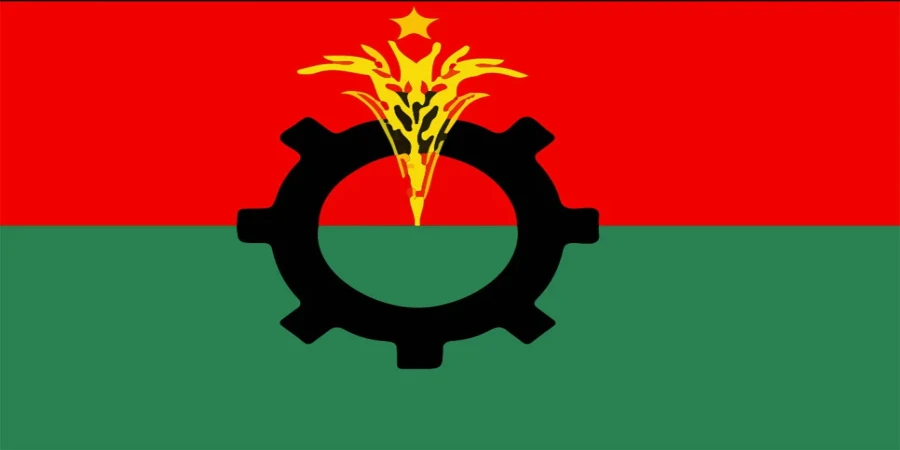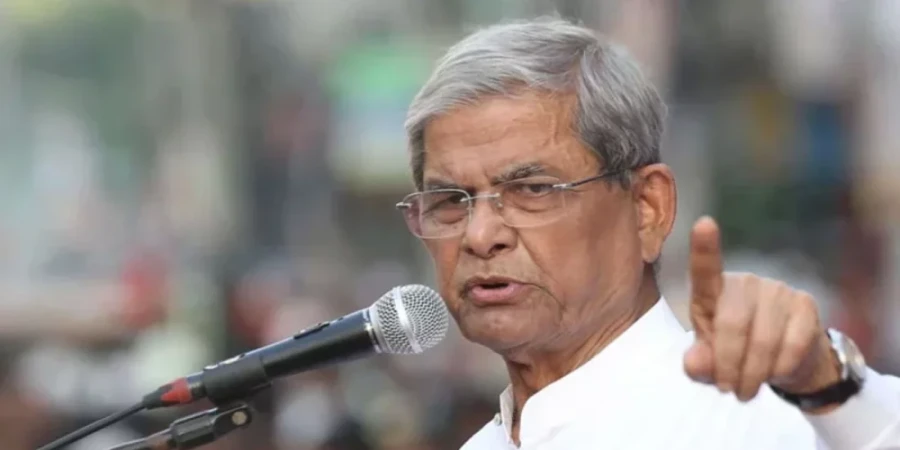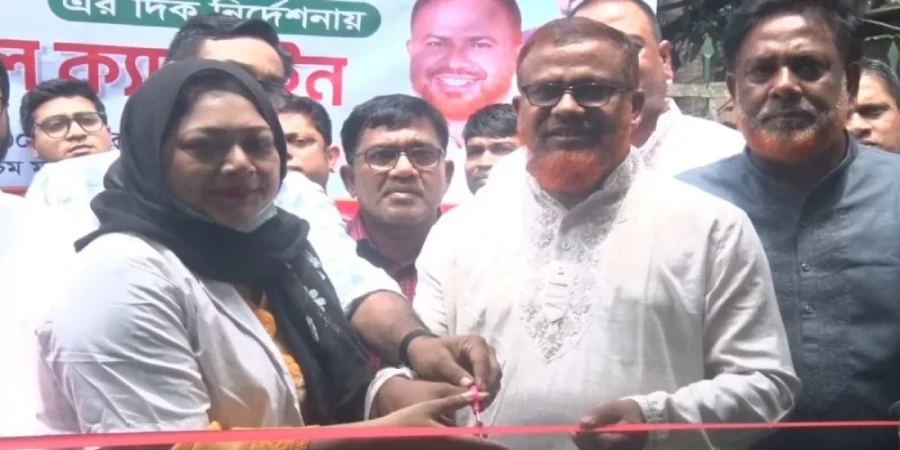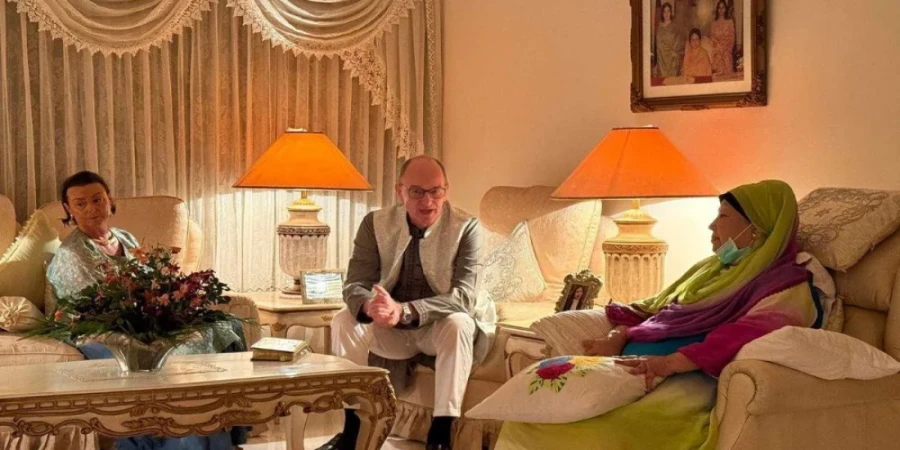
ছবি: Photo: Collected
Alleging electoral misconduct in the 10th, 11th, and 12th national elections, the BNP is set to lodge formal complaints against former CECs and commissioners, marking a major legal escalation against past Election Commissions.
The Bangladesh Nationalist Party (BNP) is set to file a case against the Chief Election Commissioners (CECs) and commissioners who oversaw the last three national elections, citing serious allegations of electoral misconduct and irregularities. The move, announced on Saturday, marks a bold legal step by the opposition party as it seeks formal accountability for what it deems as manipulated electoral outcomes under the ruling Awami League.
BNP’s Media Cell member Shayrul Kabir Khan confirmed that the party would initiate legal proceedings on Sunday. According to him, the lawsuit will target the CECs and their respective commissions responsible for supervising the 10th parliamentary elections in 2014, the 11th in 2018, and the most recent 12th general elections held earlier in 2024.
A three-member BNP delegation will visit the Election Commission office to submit a copy of the lawsuit application before heading to the Sher-e-Bangla Nagar Police Station around 10:45 AM to formally lodge the case. The delegation will be led by Salahuddin Ahmed, a member of the party’s Standing Committee and one of its most senior leaders.
The BNP accuses the past three Election Commissions of gross negligence and bias during elections that, according to the party, were neither free nor fair. The commissions in question were led by Kazi Rakibuddin Ahmad in 2014, KM Nurul Huda in 2018, and Kazi Habibul Awal in 2024. All three elections, conducted under the tenure of the Awami League government, have been heavily criticized by the BNP and other opposition factions for what they allege to be widespread manipulation, voter suppression, and abuse of administrative power.
The complaint comes shortly after the announcement by the interim government that it would investigate alleged electoral misconduct by past Election Commissions. The BNP sees this legal avenue as an opportunity to hold responsible those it claims enabled the systematic erosion of electoral integrity in Bangladesh.
Speaking to reporters, Shayrul Kabir Khan stated that the lawsuit is not merely symbolic but is intended to pursue justice through formal legal mechanisms. He emphasized that the party has gathered substantial documentation and witness accounts to support its claims. While he did not reveal the full content of the complaint, party insiders say it includes detailed accounts of irregularities, failure to enforce electoral codes, and accusations of collaboration with ruling party interests.
The 2014 election, held under the commission led by Kazi Rakibuddin Ahmad, was particularly controversial due to a boycott by the BNP, which led to over half the parliamentary seats being uncontested. International observers and civil society groups widely criticized the credibility of that election.
In 2018, under the leadership of KM Nurul Huda, the 11th general elections were marred by widespread allegations of vote rigging, voter intimidation, and violence. The BNP, which participated in the polls after a long absence from parliament, claimed that the results were predetermined and accused the commission of turning a blind eye to massive irregularities.
Most recently, the 12th parliamentary elections in 2024, overseen by Kazi Habibul Awal, were also heavily disputed. Despite new commitments to transparency and fairness, the BNP alleges that the electoral process was again manipulated in favor of the ruling party, resulting in yet another government that lacks public legitimacy.
BNP’s decision to file a case comes amid growing frustration within the party and its supporters over what they perceive as a pattern of institutional failure and complicity in the weakening of democratic norms. Senior leaders argue that past Election Commissions played an active role in disenfranchising voters and legitimizing unrepresentative governments.
Salahuddin Ahmed, who is leading the legal delegation, is expected to speak to the press following the filing of the case. Legal experts say that while the case faces numerous procedural hurdles and political sensitivities, it could set a precedent for legal scrutiny of constitutional bodies that have long operated without significant accountability.
The ruling Awami League has not officially commented on the BNP’s planned legal move. However, government-aligned commentators have previously defended the performance of the Election Commissions, arguing that the opposition failed to win public support and is now attempting to delegitimize electoral institutions for political gain.
In the meantime, political observers are closely watching the development, noting that such legal steps could usher in a new era of confrontation between opposition forces and state institutions. While some see it as a necessary push for accountability, others fear it could escalate tensions in an already polarized political climate.
The BNP’s move comes as the party attempts to reorganize its strategy following a period of political setbacks and dwindling street protests. Analysts believe the lawsuit is part of a broader effort to reassert its political relevance and challenge the legitimacy of current power structures through institutional means.
As Bangladesh inches toward its next electoral cycle, the implications of this case could ripple far beyond the courtroom. For now, all eyes will be on the Sher-e-Bangla Nagar Police Station on Sunday, where the BNP hopes to initiate what it calls a long-overdue reckoning with those it accuses of betraying the public trust.
repoter





